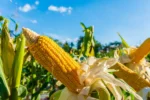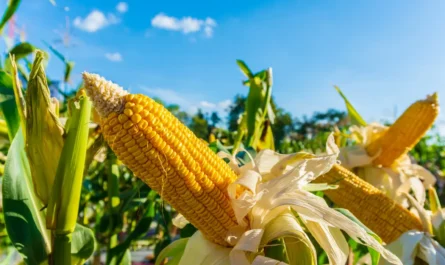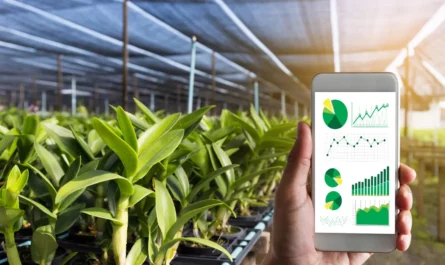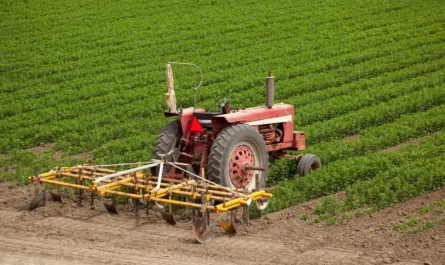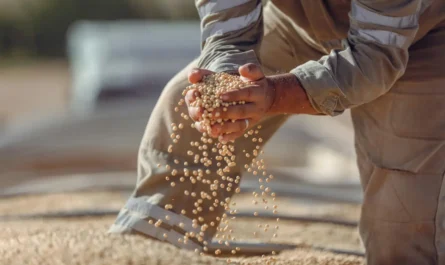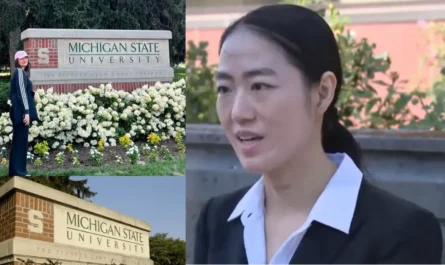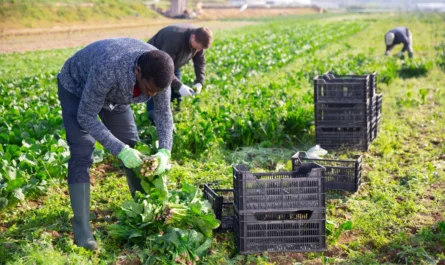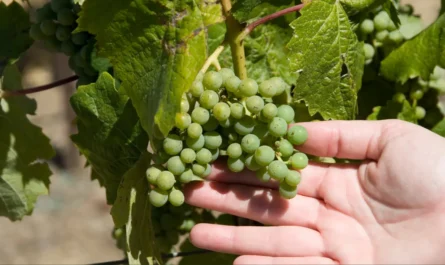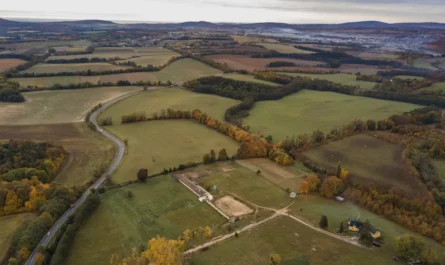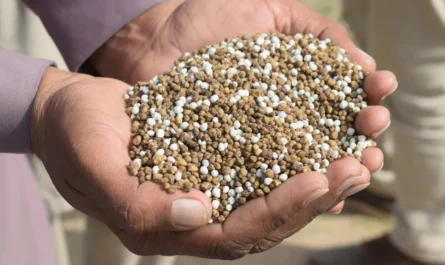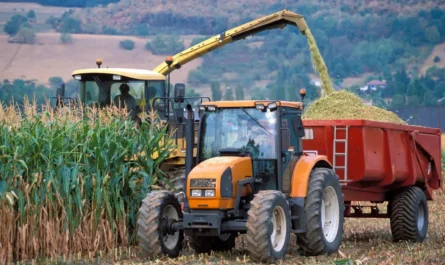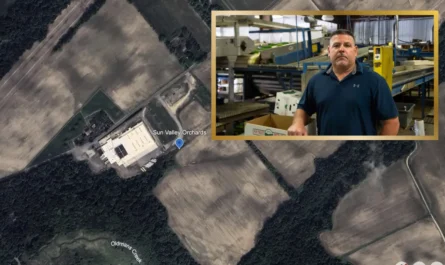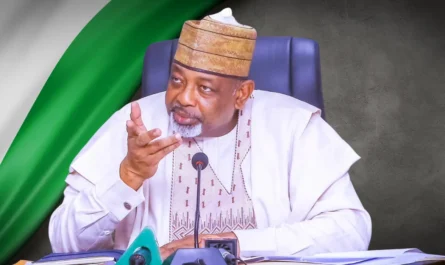The Lamido of Adamawa, His Royal Highness Muhammadu Barkindo Aliyu Mustapha, has approved the allocation of 2,000 hectares of fertile land for the development of a large-scale agricultural hub designed to strengthen food security, create employment, and modernize agribusiness in Nigeria.
The project, which falls under the Agro-Climatic Resilience in Semi-Arid Landscapes (ACReSAL) initiative, will be executed by Business Development Managers Consultancy Services (BDMCs) in partnership with the Adamawa Emirate Council and the Adamawa State Government.
Unveiled at the Lamido’s palace, the hub is envisioned as a fully integrated agribusiness complex covering the entire value chain, from cultivation and processing to packaging, export, and training. It is projected to generate more than 10,000 direct and indirect jobs, particularly targeting youths in Adamawa State and beyond.
Strategic Crops and Livestock Production
According to BDMCs’ Chairman, Abubakar Umar Al-Umar, the hub will focus on cultivating high-value crops that are in strong demand both locally and internationally. These include yellow maize, sesame seeds, ginger, turmeric, soybeans, and hibiscus.
In addition to crop farming, the hub will feature extensive livestock and fisheries operations. Plans include poultry and goat farming, cow fattening, milk production, fish farming, and broader animal husbandry. This multi-sector approach is expected to diversify income streams while addressing Nigeria’s increasing demand for protein and export commodities.
“The 2,000 hectares generously provided by His Royal Highness have been surveyed and confirmed highly suitable for this project,” Umar said, commending the Lamido’s foresight and support for agricultural innovation.
Financial Muscle and International Partnerships
Vice Chairman of BDMCs, Chief Peter Alex Olayinka, described the initiative as an $80 million investment backed by American financiers and supported with advanced machinery from Chinese partners. He highlighted the hub’s potential to stimulate local agricultural production, raise internally generated revenue for Adamawa State, and serve as a national model for agribusiness expansion.
“This hub is not just for Adamawa; it is structured to become a center of innovation for the entire country,” Olayinka noted, adding that similar projects are already being considered for rollout in Osun and Delta States.
Training the Next Generation of Farmers
Beyond production, the agricultural hub will also serve as a training ground for young Nigerians. BDMCs’ Chief Operating Officer, Ali Abdulkareem, and Protocol and Communication Officer, Mujaheed Abubakar, revealed plans for the establishment of a Tropical Institute of Agriculture within the hub.
The institute will train youths from all 36 states of the federation in advanced farming techniques, agribusiness management, and crop specialization. Participants will gain hands-on experience through year-round farming, supported by modern irrigation systems such as river dredging, greenhouse cultivation, and precision crop sensing technologies.
Graduates of the program will not only receive training but also financial support and guaranteed production offtake for exports. This model, the developers said, is designed to encourage self-sufficiency and position Nigeria as a stronger player in global agricultural trade.
Infrastructure for an Agro-City
The scale of the hub goes beyond traditional farming. Plans include the construction of an Agro-City complete with administrative offices, residential hostels for trainees, a farm market square, and recreational facilities. Investors and visitors will be catered for with a three-star hotel, an Aquatic Farm Restaurant, and even a helipad to improve access.
With financial support from Sterling Bank and Keystone Bank, the project aims to blend tradition with innovation, creating a sustainable ecosystem for agribusiness.
Emirate and Government Endorsement
Representing the Lamido, Emirate Secretary Umar Yahaya reaffirmed the Emirate Council’s backing for the project, emphasizing its alignment with the community’s long-term development goals and commitment to ensuring food security.
For the Adamawa Emirate Council, the hub represents more than just a farm, it is a symbol of how traditional institutions, government, and the private sector can collaborate to drive meaningful change.
A Model for Nigeria’s Future
If successfully implemented, the Adamawa Agricultural Hub could redefine Nigeria’s agribusiness landscape by combining large-scale production with cutting-edge technology, research, and training. With its focus on job creation, exports, and innovation, the project is positioned to serve as a benchmark for other states seeking to replicate its model.
At a time when food insecurity and unemployment remain pressing national challenges, the hub offers a concrete strategy for sustainable development, bringing together investment, tradition, and youth empowerment on a scale not often seen in Nigeria’s agricultural sector.





